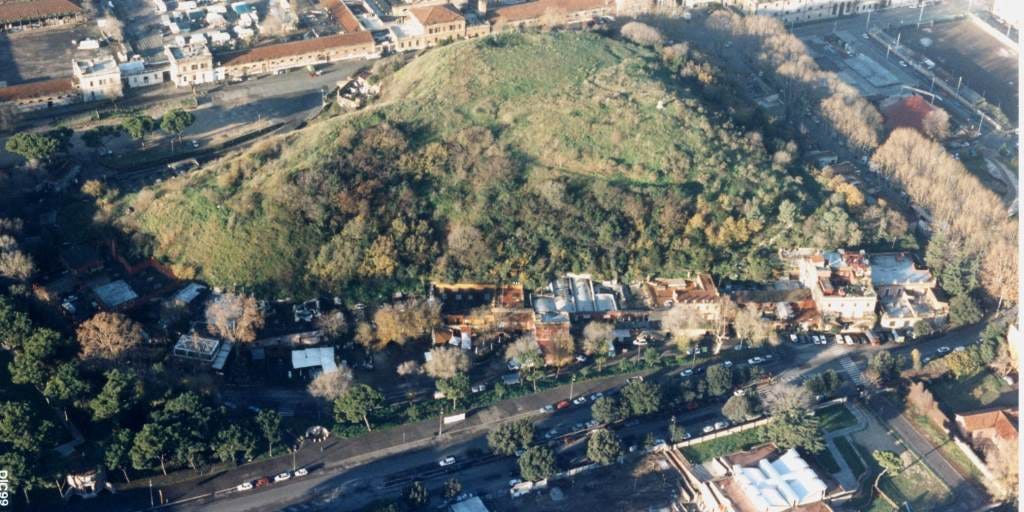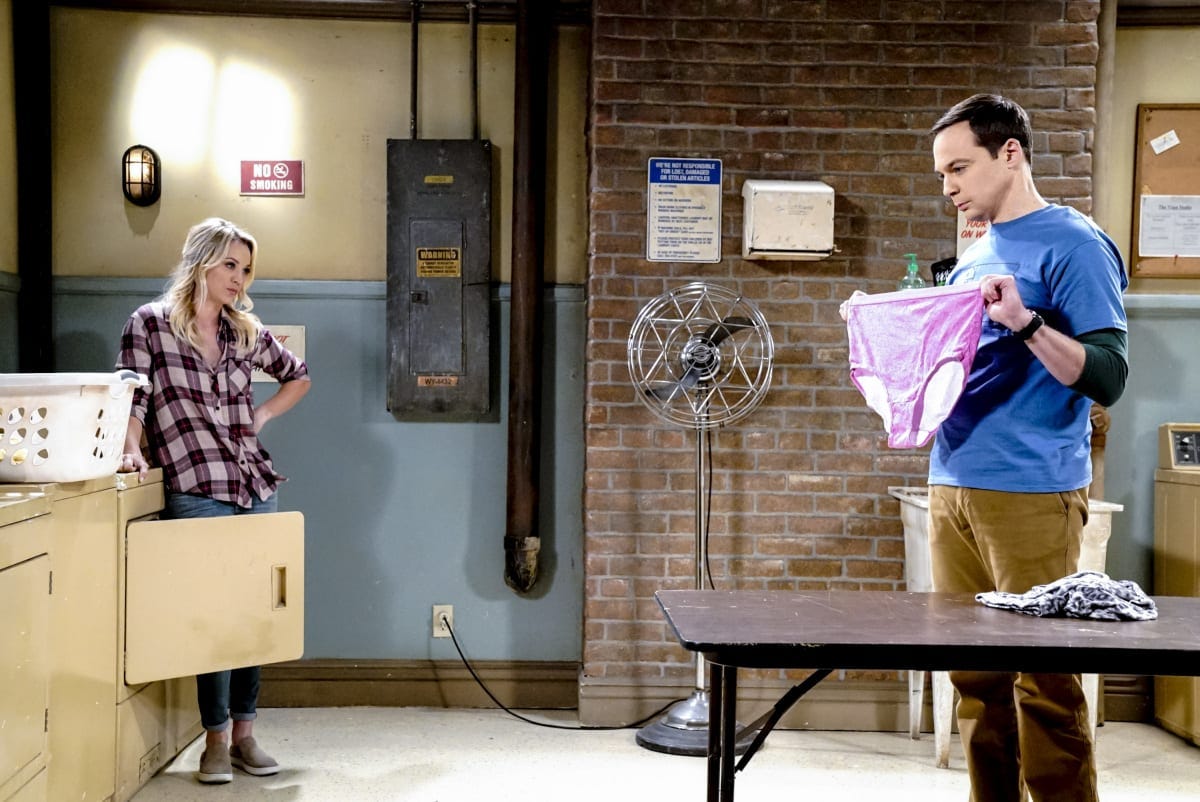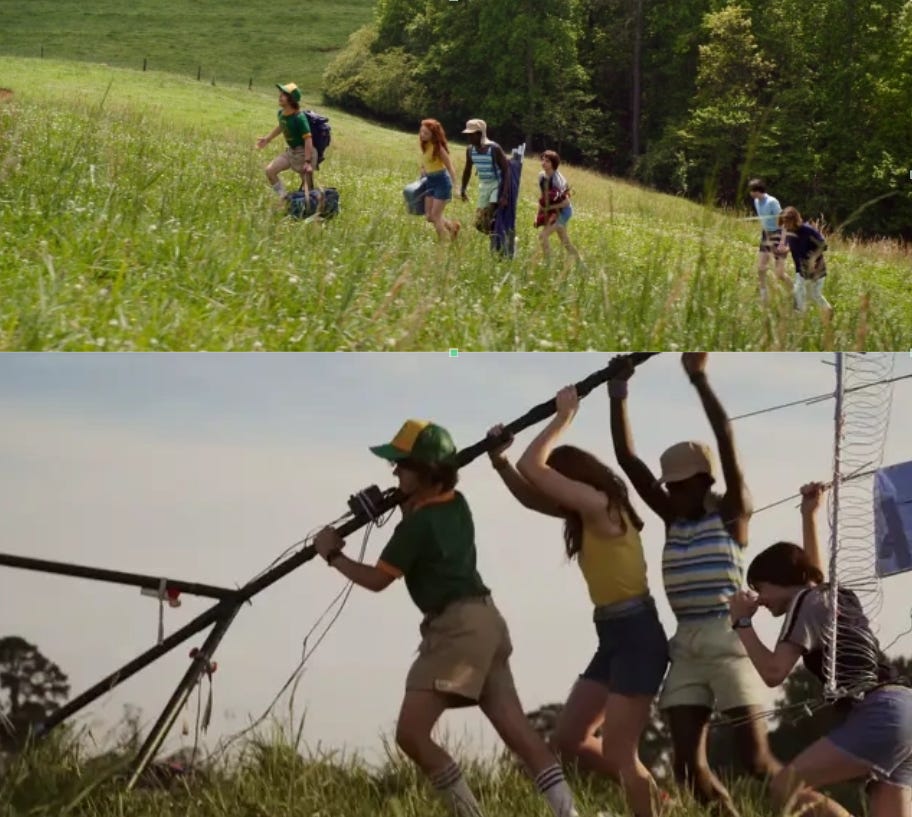The city reboot for 2070 that we should start TODAY, part 2: HOW to do it
when you have eliminated the impossible...
Our best urban future, from Churchill to Sherlock Holmes
Winston Churchill popularized the concept that "Democracy is the worst form of government, except for all the others". Sherlock Holmes taught us that "when you have eliminated the impossible, whatever remains, however improbable, must be the truth". Here, I present what seems to me the least worst, least impossible humane evolution I can see for the big cities of the world (and why that will be good) when I look at them with the same spirit.
The current combination of business as usual, innovation scams and falling people, places and stuff can only leave the billions of us that WILL live in cities wither into depression, or worst-than-feudal inequality.
This is true REGARDLESS of everybody's (me included) beliefs, ideology or interests. Realities like these start decades before they become impossible to ignore, and when that happens nobody can stop them anymore, just take a few more decades to adapt.
To me, Churchill and Holmes leave only one visible path from today’s reality to cities in which we will be happy to live and age: transforming and managing single apartments, whole buildings, whole neighborhoods and all the regulations around them as I only outline, to stimulate discussion (because each paragraph could fill volumes), in this article.
The home-level part
Disrupt both the modern kitchen and the modern bathroom. Both rooms are becoming dumpsters of overpriced, non-repairable, incompatible gadgets, not to mention that the latter was a "wasteful, unhealthy design" well before the "smart home" era anyway. Toilets that take an identikit of your ass, "smart" fridges that are just e-waste incubators and everything like that are not progress. Really smart homes would be those with:
electronics-free sink-toilets and similar systems to not waste water
electric cookers for rice, pasta and much more, because, as explained here (Italian) heat from the inside of a well-insulated container it's much more efficient than any pot over any stove
sensible electrification, instead of "wasting so much energy pumping AC through our walls just to convert it at nearly EVERY plug". Washers? Forbidden, see next section.

The residential building part
Yes, buildings. Single-home sprawl DOES look great in pictures (before water ends, of course), but it's barren, very vulnerable to "growth Ponzi schemes" , too expensive for aging populations and makes carless people and car people hate each other. Cities are much better to live in when they have the right density. To me, that could be "almost everybody living in apartment buildings with about 40 units each, 5 to 10 stories high", but we can discuss sizes some other time. What matters is that those buildings are as follows.
Low-tech, energy self-sufficient buildings. Individual prepping is a dead-end, in the long term, but building-level prepping, resilience and community make much more sense. A building that lower the energy bills of all its occupants makes all of them much more able, and willing, to know and help each other. Think stuff like solar panels hanging out of windows and balconies, no space for washers in the apartments, but mandatory basements with common, much more efficient washers. But (almost everywhere) NO dryers. Time will surely come when everybody will mock "you know, those people so dumb to waste money on personal washers and send solar power to dryers, rather than directly on clotheslines?"
Buildings for EVERY pocket and family size. Tourists included. This is crucial, for the reasons explained in the next section: every building should have, for example, smaller apartments in the lower floors, bigger ones in the higher ones. Besides, every building should have, by law:
ground floor reserved to shops and office space
indoor bike parking
INTEROPERABLE lockers for package delivery
one or two apartments RESERVED for short or tourist leases, whose profits would be divided among all the "real" residents, to avoid making life hell for locals.
The urban-level part
Here's just a list of what to do (in increasing order of difficulty)*, divided by macro-topics.
Mobility of goods: drone highways, with Singapore-style last-mile delivery, (also here) via interoperable, open hardware and software standards that work like Amazon but are NOT Amazon, and are SLOW. Also, heavy promotion of bulk stores for both food and non-food products.
Personal mobility: sell your stocks in any business plan based on private cars for the masses now, including electric or driverless. Parking already ate whole cities. The quantities of space and minerals needed to make and park affordable private cars for billions of urban dwellers just don't exist. For details, see "Car restrictions" here or most of these posts. Go for electric scooters, good old transit and robotaxis or, as I like to call them, Shared, On-demand Micro Trains.
Energy: Subsidiarity is good, and resilience is even better. The more energy-independent each city is, the better. If you agree with that, it is hard to ignore that at least the biggest cities will have to contain, also for political reasons, modular nuclear reactors small enough to use as buffer zones the recovered areas mentioned below.
Family- and child-friendliness because, remember, we're planning for 2070 and beyond here. Childless cities are already rotting, and always will. Forcing, or even encouraging everybody to work full time makes parenting way harder (also for the kids) than it should be, not to mention that full employment is physically impossible in this age anyway. It must be not just possible, but enjoyable for city couples to have two kids (before asking "why so many", please read here!) with just one parent (and I mean ANY of them, NOT "the man, because that's a man's task!") working full time.
At the same time, urban environments must facilitate unsupervised childhood. We have already made too much damage swapping playing outside alone with other kids to playing inside alone with or through a smartphone. In case you had not realized it, it is is stuff like this:
that feels really otherworldly in series like Stranger Things, and therefore constitutes their REAL appeal. It's not the superpowers that make giant superlizards explode. It's seeing kids as young as 11 free to spend whole days unsupervised, because their parents won't call 911 the first time they don't text back within 30 minutes.
Population: fight all segregation, including your OWN self-segregation, like the plague (I'll expand on this in a future article). We aging western urbanites can yell till the cows come home, but the only way to avoid urban dystopias in our lifetimes is to start NOW to:
make having babies sustainable, to guarantee social stability in 2050 and beyond
encourage migrants to come, to keep the essential services running, and society generally alive in the meantime. And by migrants I mean preferably migrant families, wherever they come, as long as they seriously commit to integrate, without giving up their identity, (again, more on this in a future article)
History and demography, not me, say very clearly that in the long term, self-segregation, redlining and such bring social collapse. The least impossible human way to avoid that in cities is to deliberately mix people as much as possible, in all ways and starting now, at the building level. This is not science-fiction, but what allowed Naples to escape, for centuries, the worst evils of classism.
Of course, inequality and hierarchies will inhabit even those buildings. Migrants or students of the first floors will care after the rooms, kids or parents ( who retired in smaller studios on the intermediate floors) of the affluent couples living in the penthouses ten floors above.
But so what? What's not to like if the only alternative is to have the same caregivers live under house arrest, or be more expensive, but late every other day, because they can afford to live only in revolt-prone banlieues, 30 or more KMs away? And even if you could be sure you’ll never need caregivers personally, do you really want vital workers that AI cannot really replace like teachers, police officers and nurses forced to live at "unreasonable distances from you" everywhere, not just in Los Angeles (for 20 years now), London, San Francisco, Chicago or Sidney? You sure?
Besides, homes independent in ways that leave belonging and community the only choice, e.g. by only having shared washers, can make it more tolerable, possibly even pleasant, to know all the other tenants, and interact with them.
Even if those people never got really intimate with each other, they would all save tons of money, time and frustrations. Not to mention that if kids of all classes could play together in the same neighborhood parks, eventually both the calls to arm police more than Ukrainian shock troops and those to defund the same police would all but stop. Kids mixing and playing outdoor by themselves make both parenthood, and the cities in which those kids will be adults, much easier to be in.
Land management, and the economy: on this front, everything said so far, and much more, only leaves two main courses of action: managed retreat, but without zoning.
Left unchecked, all the "falling" trends I described earlier will leave whole neighborhoods with half the apartments in every building empty, and the other half quite alienated, regardless of their income. Renovating existing apartment or office buildings as described above will have "monstrous ecological (and financial) costs” ONLY if one expects to renovate all the buildings that exist today.
Managed retreat, instead, is what is already happening, or at least attempted, in places like Half Moon Bay, California. It consists of deliberately retreating from the areas or buldings that would become unlivable sooner, well before they crumble on people.
In the context of this article, managed retreat means:
Mapping all the buildings to empty as soon as possible ("E" buildings), that is the buildings in unsafe locations, those with the highest probabilities to be the next Surfside, Greenfell or Rana Plaza, and those with the worst or most expensive access to public services, from energy to food, water, hospitals, sewers, transit, schools, parks...
Find all the buildings to keep FILLED ("F" buildings) because, as long as they remain fully occupied, they will be cheaper to adapt and maintain as described above, and to provide with public services.
MOVE, but ONLY as explained below, all the residents of the "E" buildings to the "F" ones.
TAKE DOWN every "E" building,right away
"Right away" means, ideally, the very day after the last occupant leaves, in order to turn the pile of rubble into a new Monte Testaccio, to reforest as soon as possible. Seriously. Sure, do save one every twenty/thirty buildings for archaeologists and historians, but just blow up all the others, before it's too late.

How to move people from "E" to "F" buildings: This colossal effort should start yesterday and never stop, but happen very slowly, along 2 or 3 decades. Above all, it should be voluntary acceptance of "offers one can't refuse". NOT because of fear, but because, thanks to the right combination of financial incentives and sensible housing policies, they are both too economically advantageous and too safe to miss, not to mention culturally acceptable.
The new place would be chosen to realize the "Naples-style integration" I described here. The incentives should be something like the city telling a family "dear family, there is this other apartment, no more than 2/3 KMs away from your current address, that's bigger, cheaper to heat and better served than yours. If you accept to move there within one year, and commit to not move again for at least ten more years, we will buy your house and pay all the costs of moving" (How? Easy: with the money we will eventually save by having much less infrastructure up and running).
Of course, such offers should come in a context that make them not just economically sustainable, but psychologically acceptable, if not desirable. The goal is much better city living without debts, by:
accepting that one, or one's heirs, will NOT live in what one thought would be their final home
accepting that rent, not home ownership, will be the default choice of the future (this is the easiest part, because home ownership already is for lucky, rich people anyway)
knowing that this does not means losing one's roots, friends, extended family or lifestyle
Concretely, this means at least to make it convenient for childless people to sell or leave their home to the city, and tolerable for parents to not leave a safety cushion to their children. And that empty homes should be taxed like hell.
The result: eventually, this slow but systematic redistribution will redraw city maps as puzzles of inhabited areas and uninhabited ones. The former would be 15-minutes cities without the idiotic conspiracy theories, all well connected to each other (also) by public transit. The latter, with or without Testaccio mounds, would be public parks with as much biodiversity is safe to have in the middle of humans, maybe with the aforementioned microreactors in the middle.
Finally, just AVOID 20th century-style zoning. Heavy or dangerous factories, power plants, airports and similar cannot stay side by side with residential buildings, of course, but those should be exceptions. Abandoned, but recoverable malls, office buildings or factories, as well as the ground floor of residential buildings, should become schools, theaters, sport venues, markets and, most importantly, microfactories, "Friendly Neighborhood fablabs", "Libraries of Tools and Things" and other public services for repair and "Design Globally, Manufacture Locally" .
This is necessary because, as I and others explained here and here, distributed, on-demand fabrication will be badly needed, but it's just ridiculous to expect that everybody could or should have a 3D printer or router table at home, or be able to use them personally.
This is no degrowth, or defeat, or retreat. This is good, real progress
If you are really, really sure that you will a) never want to live in any city, and b) always have the possibility to live elsewhere, OK. In all other cases, the crucial point to see is that this is not a withdrawal, a downgrade or a defeat. This is about GOVERNANCE of huge structural liabilities, that ALREADY exist and get constantly worst, to turn them into assets.
Sure, lots of people would die, rather than admitting that this scenario is not identical to North Korea. But many more could already see that there is no degradation of real quality of life here. Cities like these would be real progress, based on plain common sense and hope, that preserves all the real freedoms that matter, without the anxieties and cretin ballast strapped to everybody's necks today.
This needs to start YESTERDAY, because it's about YOU
No longtermism here, thank you very much. This is not about someone who may or may not exist a million years from now. This is about YOU who already live in cities or, given current trends, are pretty likely to end up into one anyway.
Living paycheck to paycheck, loneliness, social media… there are plenty of forces that make it hard to see or care beyond next week, but one close look at the future could be enough to agree that city rebuilding as outlined here must start yesterday.
Because it takes decades to happen, and YOU want it to happen soon enough for you or those you care about to benefit. It must start yesterday, and keep going, because there is only enough time, money and, above all, enough physical reality (that is, enough fossil fuels, raw resources etc..) to do it once.
Who PAYS all this stuff?
All I can answer to this is two things. First, almost all the cities we live in today WILL deteriorate radically within our lifetimes period, either because their 150-year-old fossil fuel-based infrastructures are too close to their expiration date and their population is aging, or because they will be museum and amusement parks for elites. The only choice is between steering that change towards a safe place for everybody, and "overseeing stagnation and decline" till they push us down a cliff.
Second, there are very strong reasons to suspect that what I outline here would cost much less than any drop-in replacement of the cities we live in, with utopias that are exactly the same, just electric and full of "smart" sensors. If it were physically possible, which hardly is". Not to mention that most of those masterplans would only concentrate more money in the same hands, instead of using it to make actual improvements.
This IS about saving money, together with all the rest. Lots of money.
This is terribly hard, but it's possible thanks to the RIGHT digital tech
Each paragraph of this article could and should become a ten-thousand pages report, backed by expensive research and planning, to propose very expensive solutions. And yes, this also requires a lot of legislation to change, at all levels. As the inventor of the WWW said of that other essential ingredient of this recipe that would be Open Data, "It has to start at the top, it has to start in the middle, and it has to start at the bottom." I am well aware of that. But this is the real "TINA" of our times, or one of them anyway.
Finally, I am writing this here because this is a digital issue, in the same sense I wrote three years ago that "Coronavirus is a digital issue". So far, life has been "software is eating the world and cities are next", by turbocharging gentrification and overtourism. Now, software that makes sense, used in ways that makes sense (that is openly, p2p-style) is the first tool that, if coupled with political will, can identify complete solutions.
If, for example, at least some "urban variables" could really be described by a few exquisitely simple equations , AI should be used to model cities, in order to forecast where the "E" and "F" buildings would be, obviously leaving all actual decisions to humans. And instead of wasting energy in "most useless question to chatGPT" contests, YOU could use the web to figure out who YOU should vote, lobby, etc to start implementing these policies.
Did I forget anything? Are you already doing something like this? Can we work together on this? Please let me know, here or by email.






Note to readers: in case you missed the first part of this plan for the cities of 2070, it's here: https://mfioretti.substack.com/p/the-city-reboot-for-2070-that-we
Shared tool “Libraries” - does everyone in one building or on each block really need a lawn mower, weed whacker, extension/multi-ladder, paint sprayer, circular saw, etc.?